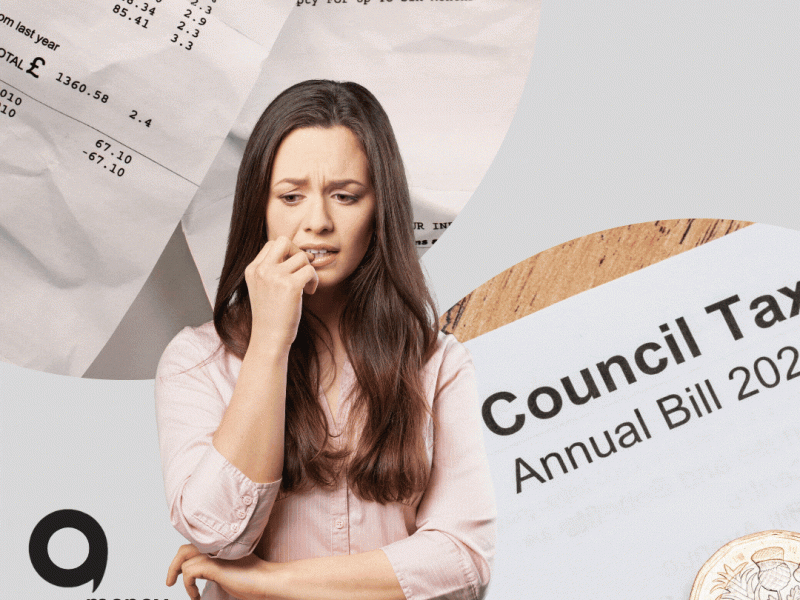
If your neighbour is creating too much noise, such as playing loud music or having parties, there are options available to try and resolve the situation.
If you feel comfortable, and it is safe to do so, you should try to address the problem directly by talking to your neighbour first.
Sometimes, attempting to resolve issues informally is the best course of action, and can mean that there are no ill-feelings between you and the neighbour in question moving forward.
You should explain to them how the noise is affecting you and then make a request for them to reduce this, either permanently or at certain times of the day. If your neighbour does not reduce the noise and they are a tenant, it might be worth contacting their landlord.
Persistent Noise Issues
If the problem persists, you should keep a record or diary of any disturbances and how often they occur, as this can be used as evidence in any future action.
If an informal approach fails, you can take additional steps, including contacting your local council, normally through the environmental health department. You can find contact information for your local council by visiting www.mygov.scot/find-your-local-council.
They may visit your neighbour to ensure that the noise is reduced, by highlighting the problem and demonstrating any wrongdoing. Local council officers, and sometimes the police have equipment to measure the levels of noise.
In Scotland, there are specific noise levels that have been identified as acceptable at certain times of the day. As guidance, at night-time, classified as between 11pm and 7am, permitted noise levels are lower than in daytime hours, with acceptable levels defined as no louder than 31 decibels. If the local council officer thinks that a noise problem exists, a notice can be served on the neighbour.
This notice will require the neighbour to stop the noise, and if they fail to respect this request, they can then be issued with a fixed penalty notice, which is a fine.
Involving the Police
The Police also possess specific powers to deal with excessive noise. They can also issue fines to people who have failed to stop making excessive noise after being asked to do so and can confiscate sound-producing equipment.
If your neighbour is physically violent, verbally abusive, or behaves in a dangerous manner, you should contact the police. Police Scotland are available on the non-emergency number 101, or 999 in an emergency.
Anti-Social Behaviour
Sometimes abusive behaviour can be related to cases of anti-social behaviour. No accurate definition of antisocial behaviour exists, but it usually refers to people acting in a manner that causes or is likely to cause alarm or distress to one or more people in another household.
To be classified as antisocial behaviour, the behaviour must be persistent, and you can take additional action, including mediation; involving the police and local authority; and pursuing legal action against your neighbour.
Advice Direct Scotland run advice.scot, offering free, practical, and impartial advice and information on a range of matters, including neighbourhood disputes like the one you are facing and can advise you on your next steps.
Advisers can assist Scottish citizens on 0808 800 9060 (Monday to Friday, 9am-5pm), or by visiting www.advice.scot.



